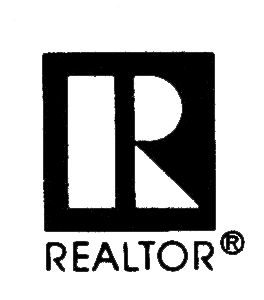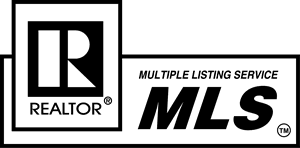About Home inspection
Home inspections provide a definite value by giving a level of objectivity in evaluating a home. When a homeowner determines the value or condition of a home, it is very difficult to separate the emotional aspects of the home from the objective inventory of features and condition. It is part of our nature to invoke the emotional value in a home from our personal perspective, which can cause conflict in the sale process. A deal for buying a home can fall apart over old appliances or home improvement work that has sentimental but not intrinsic value.
Home inspectors play the role of the objective third party. Typically, home inspectors evaluate a property five to ten days after negotiation of a contract is complete in order to secure mortgage approval. This inspection only checks the condition of the home at the time of inspection and is no guarantee of the condition beyond that point. Home inspectors need no special equipment beyond flashlight, ladder, simple tools and documentation. Some special features on a home may not be included in the inspection such as swimming pools, in-ground sprinklers, gazebos, etc.
It is important that buyers of a home go on the inspection with the inspector and observe. A good inspector will freely describe what they are looking at, how to check for problems and what condition they believe the area is in. Often they can show you useful things like a shut off for water, where to light a pilot light on a furnace and other bits of information.
Do not settle for a verbal confirmation of condition on a property – get a report in writing. Some inspectors will fill out a standard inspection checklist, but detailed reports are far more helpful. This is not to say that inspectors will catch every possible problem in a home, but a thorough inspection will give much greater peace of mind to a purchaser.
A typical inspection will cost between $350 to $650 and take several hours. It is recommended that any home, even a new home, be inspected. Often, in a rush to develop a subdivision, corners may be cut that can present problems in the near future. The new home delivered to you may not be as flawless as the model you toured. Inspection allows buyers and sellers to resolve problems prior to closing and makes it less likely to the buyer that some defect has not been disclosed about the property.
The home inspection is largely an unregulated industry so be sure you use a qualified inspector. Home inspectors should not recommend or bid on repair work, as this is a conflict of interest. When selecting your inspector, get a few references from the inspector and contact them. Get a referral for an inspector from a source other than a real estate company (such as your mortgage lender).
Check to see how long the company has been doing inspections. Does the company have "Error and Omissions" insurance? Will the company give a written and signed report? Does a company stand behind its report (give a guarantee)? How many real estate companies does that home inspection company service?
For a seller, a home inspection, as part of pre-listing a home, can help sell the home. For a buyer, the home inspection helps cut down the emotional appeal of a property and gives a more objective and realistic evaluation.


